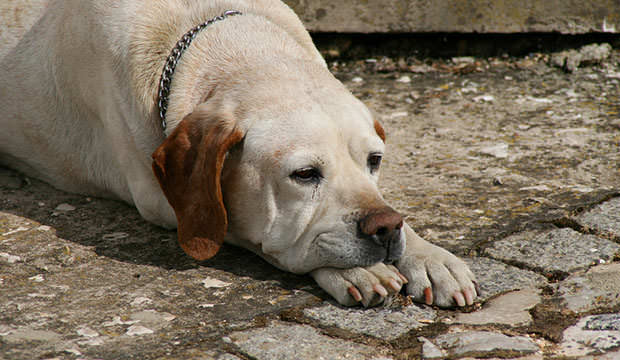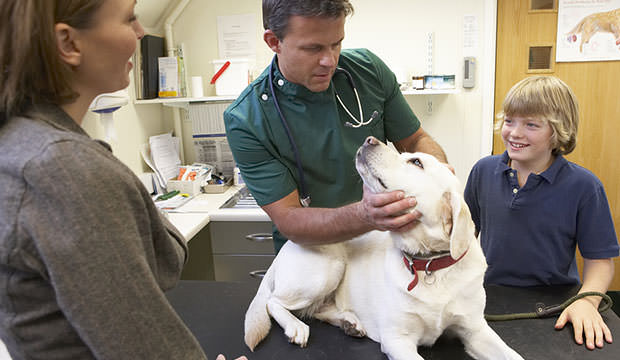
When your pooch changes from a pup with a good appetite who almost never turns down a good meal or tasty treats, to an older dog who refuses to eat, don’t simply assume his lack of appetite is due to old age.
Even though there can be various factors why an older dog isn’t interested in food as he used to be, it’s very important to learn how to preserve his health and achieve the best treatment possible.
First, we have to make sure your dog isn’t simply ill. Older dogs require veterinary attention to rule out an underlying medical condition for his refusal of food. They are more likely to have health problems that could be affecting his ability to eat. Especially, if he displays symptoms like vomiting, diarrhea, weakness, congestion or excessive sleepiness.
Second, believe it or not, your pooch just might be on his version of a “hunger strike”. Dogs like variety when it comes to their diet, just like we do. He might be bored with the same food you’ve been feeding him over the years. Refusing to eat could be his way of asking for something new.

Next, he could be full and you are oblivious of that. Make sure he isn’t obtaining food from other sources that you’re not aware of, which could be causing him to lose his appetite for regular meals. Don’t allow family, friends or neighbors to feed him treats throughout the day or leftovers from their dinner plates.
Last but not least, try to make eating fun. Teach him a trick that leads to a food reward or feeding him with a toy that dispenses his favorite treat. Take him for a walk or run before mealtime to help him work up an appetite.
And remember, the sentence “You can’t teach an old dog new tricks” is just an idiom. Have fun.
